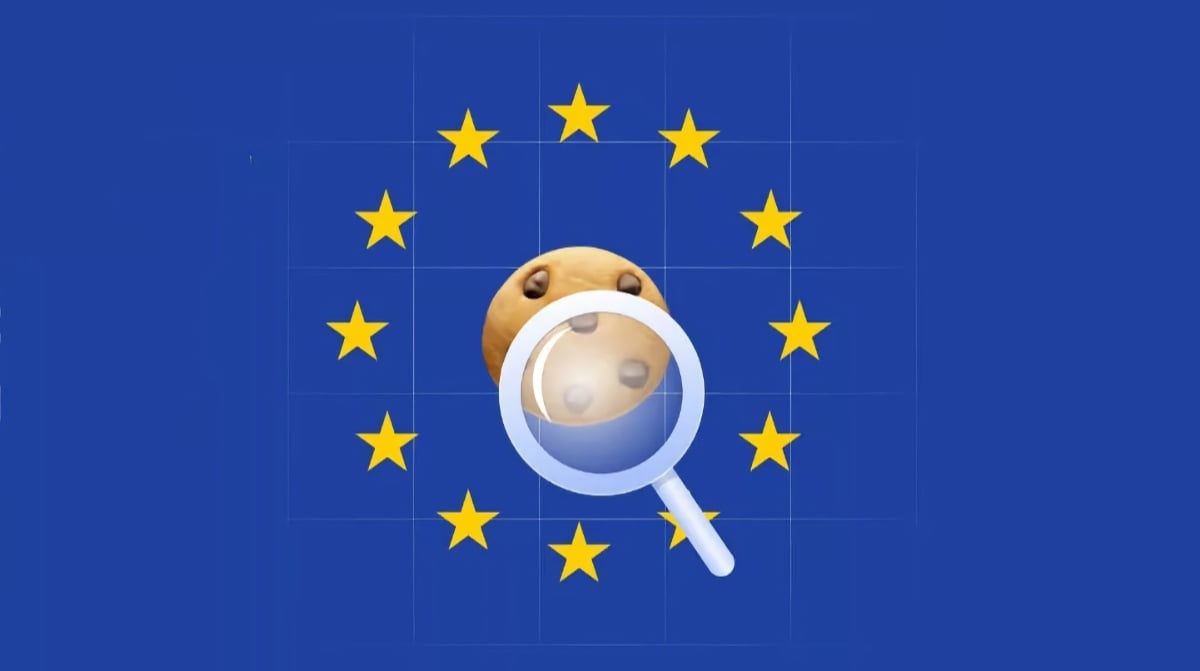“

Miroslav Trinko Issue news editor on “borders”. Geek, specialty programmer, but journalist by profession. Rider, tennis player and fan of Formula-1. I write about technologies, smartphones and electric vehicles.
The EU then updated the E-Privacy Directive, demanding that the sites receive the consent of users before installing cookies on the device, except for “absolutely necessary” for the service. Over time, this has led to the fact that each site shows the banners of consent that users are almost always ignored.
“Too much consent actually kills the idea of consent,” says the lawyer from Keller and Heckman, Peter Creddok.
According to him, people are so used to clicking “I agree” that they have stopped reading the messages carefully and do not take them seriously.
Brussels now plans to change the situation. In December, the commission will represent Omnibus Text, which should remove excessive requirements for digital companies. Last week, officials met with industry representatives, discussing options for reforming the Cookies Rules. Among the ideas are to give users the opportunity to customize their benefits once in the browser, not every time you visit a new site, or expand the list of exceptions when no consent is needed.
Some EU countries have already offered similar changes. For example, Denmark suggested to give up banners in cases where cookies were needed for technically necessary functions or basic statistics.
The industry also insists on integration of cookies into a general data protection regulation (GDPR). It is more flexible because it allows companies to choose the approach depending on the risk, while e-privacy Directive requires strict consent in any case.
However, the reform will inevitably face the powerful resistance from the supporters of privacy. In Europe, there is a fear that exceptions will open the way for additional tracking users and targeted advertising.
“To focus only on cookies is how to rearrange the deck chair on Titanics, where the ship itself is an advertising tracking,” – says European Digital Rights Advisor Ixaso Domings de Olazabal.
The discussion will continue next year, when the EU will present a new law-Digital Fairness Act, which should regulate online advertising and protect consumers from manipulative design.
”, – WRITE: mezha.media

Miroslav Trinko Issue news editor on “borders”. Geek, specialty programmer, but journalist by profession. Rider, tennis player and fan of Formula-1. I write about technologies, smartphones and electric vehicles.
The EU then updated the E-Privacy Directive, demanding that the sites receive the consent of users before installing cookies on the device, except for “absolutely necessary” for the service. Over time, this has led to the fact that each site shows the banners of consent that users are almost always ignored.
“Too much consent actually kills the idea of consent,” says the lawyer from Keller and Heckman, Peter Creddok.
According to him, people are so used to clicking “I agree” that they have stopped reading the messages carefully and do not take them seriously.
Brussels now plans to change the situation. In December, the commission will represent Omnibus Text, which should remove excessive requirements for digital companies. Last week, officials met with industry representatives, discussing options for reforming the Cookies Rules. Among the ideas are to give users the opportunity to customize their benefits once in the browser, not every time you visit a new site, or expand the list of exceptions when no consent is needed.
Some EU countries have already offered similar changes. For example, Denmark suggested to give up banners in cases where cookies were needed for technically necessary functions or basic statistics.
The industry also insists on integration of cookies into a general data protection regulation (GDPR). It is more flexible because it allows companies to choose the approach depending on the risk, while e-privacy Directive requires strict consent in any case.
However, the reform will inevitably face the powerful resistance from the supporters of privacy. In Europe, there is a fear that exceptions will open the way for additional tracking users and targeted advertising.
“To focus only on cookies is how to rearrange the deck chair on Titanics, where the ship itself is an advertising tracking,” – says European Digital Rights Advisor Ixaso Domings de Olazabal.
The discussion will continue next year, when the EU will present a new law-Digital Fairness Act, which should regulate online advertising and protect consumers from manipulative design.
